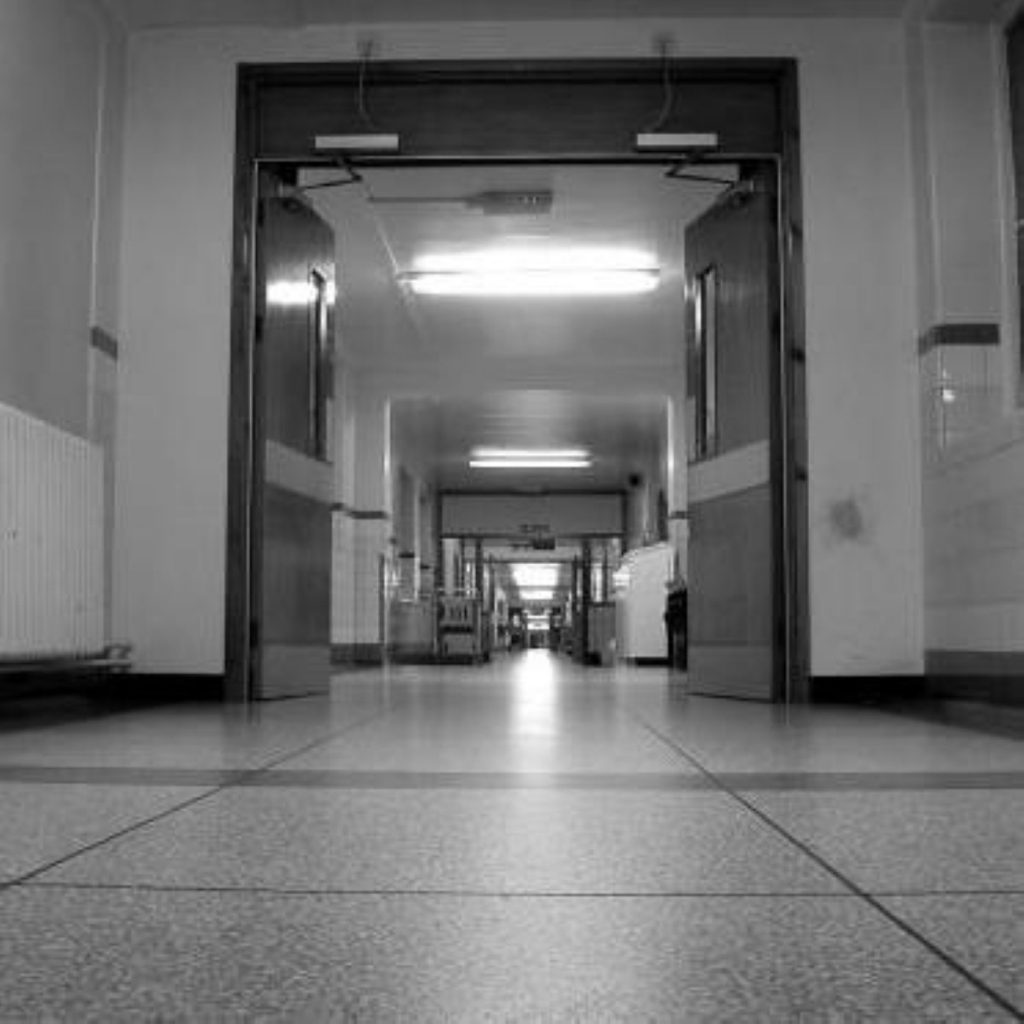3,500 NHS beds ‘blocked’ by elderly patients
Up to 3,500 older people are waiting in hospital to be discharged every day, according to a new report published today.
The report from the Public Accounts Committee (PAC) draws attention to the ‘intolerable number’ of older people waiting to be discharged from acute hospital beds.
Edward Leigh, chairman of the committee called on the Department of Health, Health Authorities, NHS Trusts and independent providers to work together better to plan health care provision so that discharges can be made earlier.
Mr Leigh commented: ‘It is important that older people are discharged from NHS acute hospitals as soon as they are fit to leave, both for their own welfare and to avoid tying up hospital beds and resources that are already under pressure.’


The report warns that the failure to discharge elderly patients in time accounts for 1.7 million lost bed days annually, at an estimated cost of £170 million each year.
The committee found that the Government has significantly reduced the number delayed discharges since 1997; but warned that some acute hospitals are not implementing best practice for reducing bed blocking.
The Government aims to end widespread delayed discharge by 2004, and is committed to reducing levels to around 3,000 by the end of 2004, and between 2,000-2,500 by the end of 2005.
The Department of Health does not expect that further reductions to be possible from the 2000-2005 due to the inherent delays in the NHS system, but the committee wants the department to assumption once the new cross-charging system has bedded in. The system will see local authorities financially penalised if outside services are not there to aid a discharge from hospital.
The report argued that involving patients and their relatives and carers in discharge decisions is crucial for timely and appropriate discharge and is expected under the NHS Plan and the Health and Social Care Act 2001. Although almost all acute trusts say they do involve patients, relatives and carers, many of these people do not see it this way.
The Committee argues that the only long-term solution to the problem is through private and public sector partners working together.











